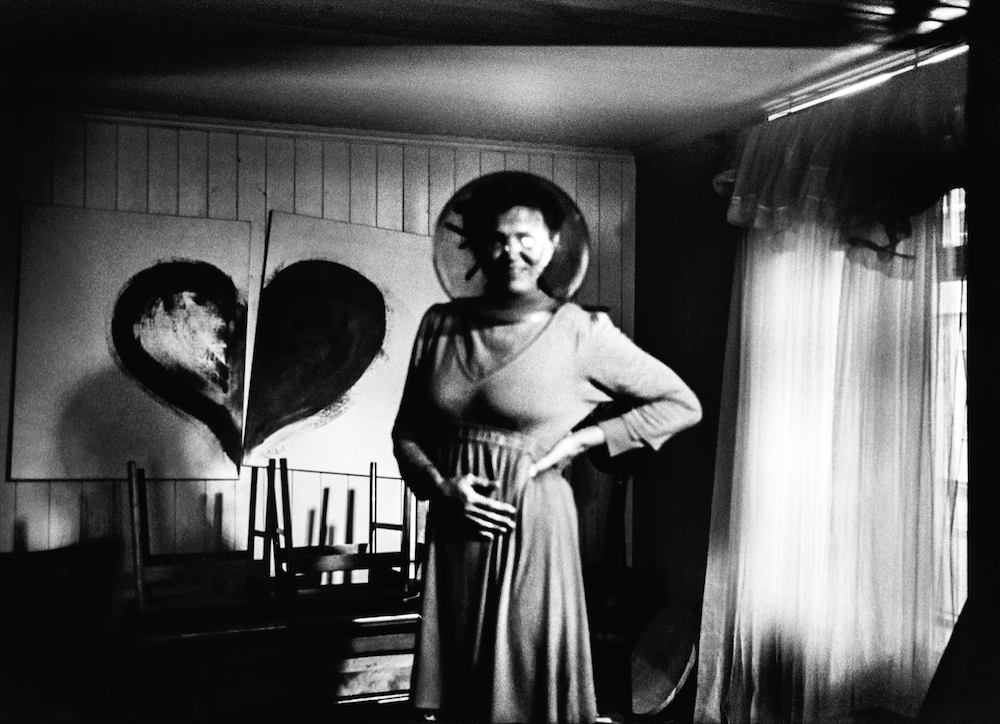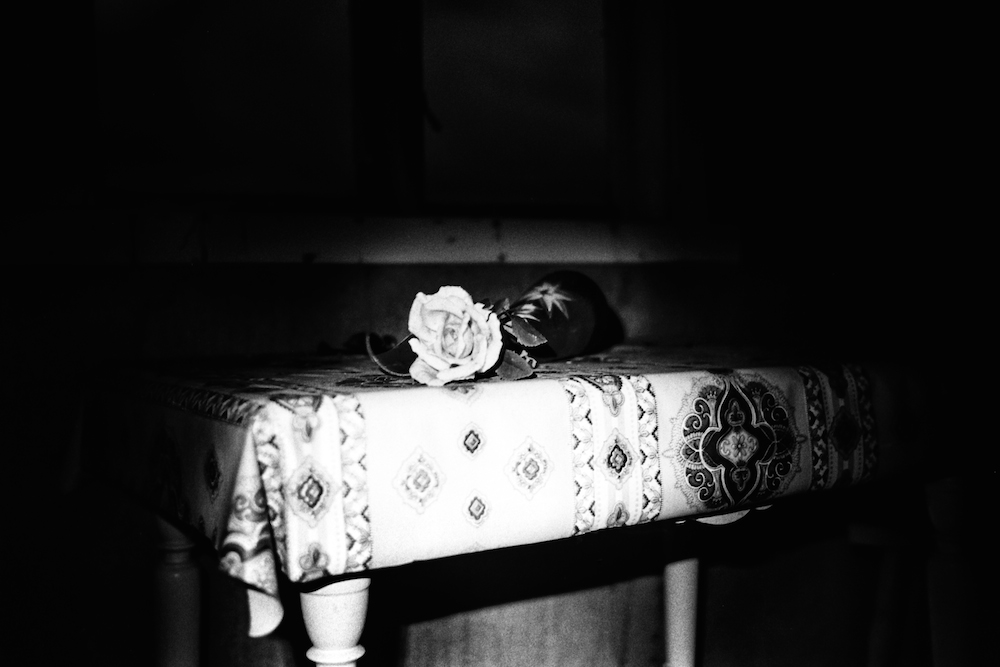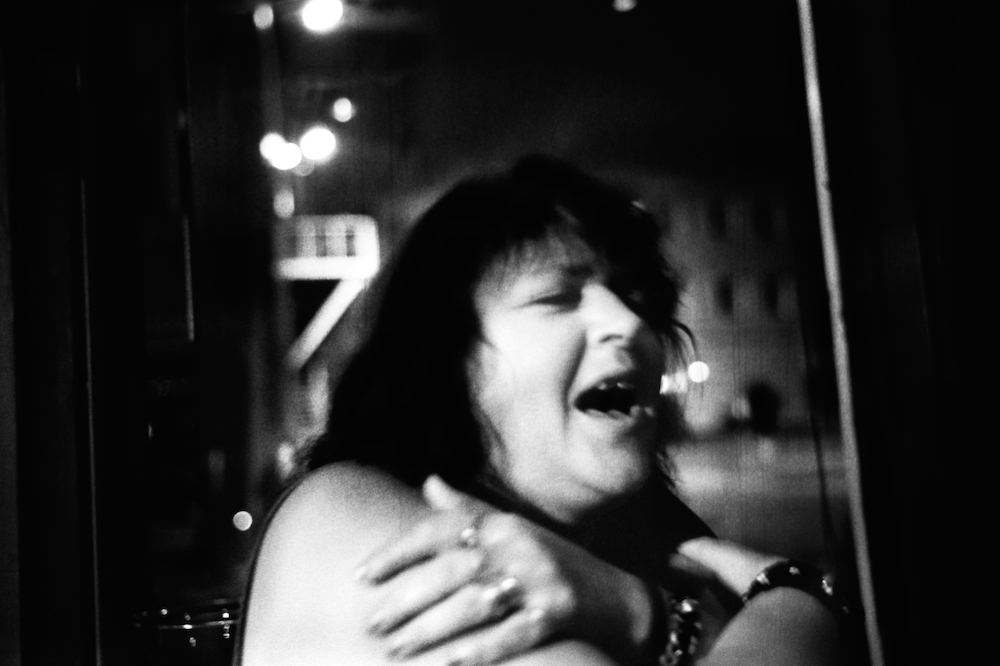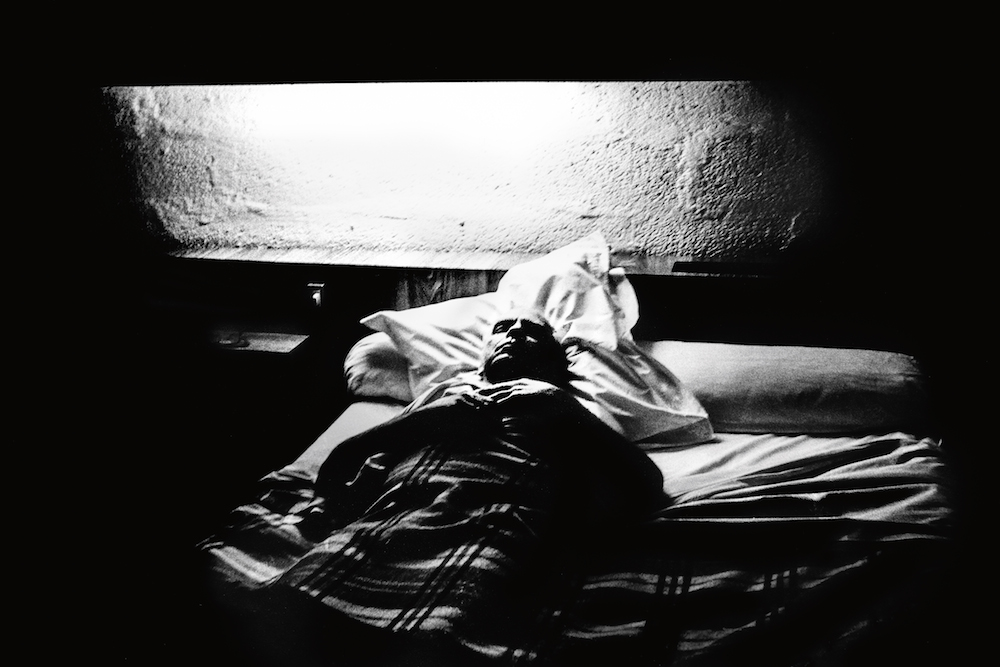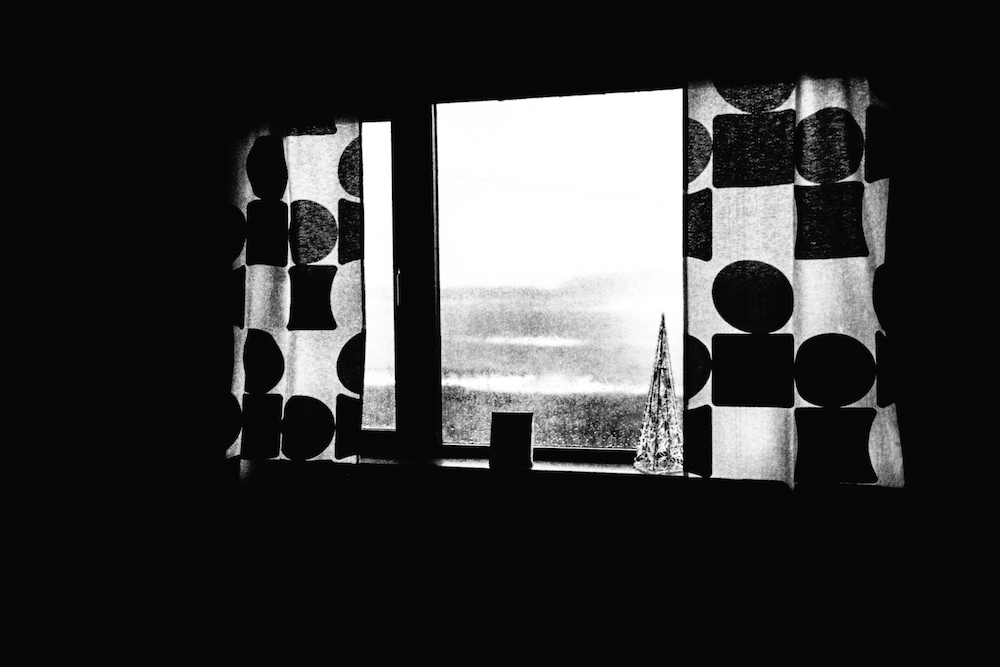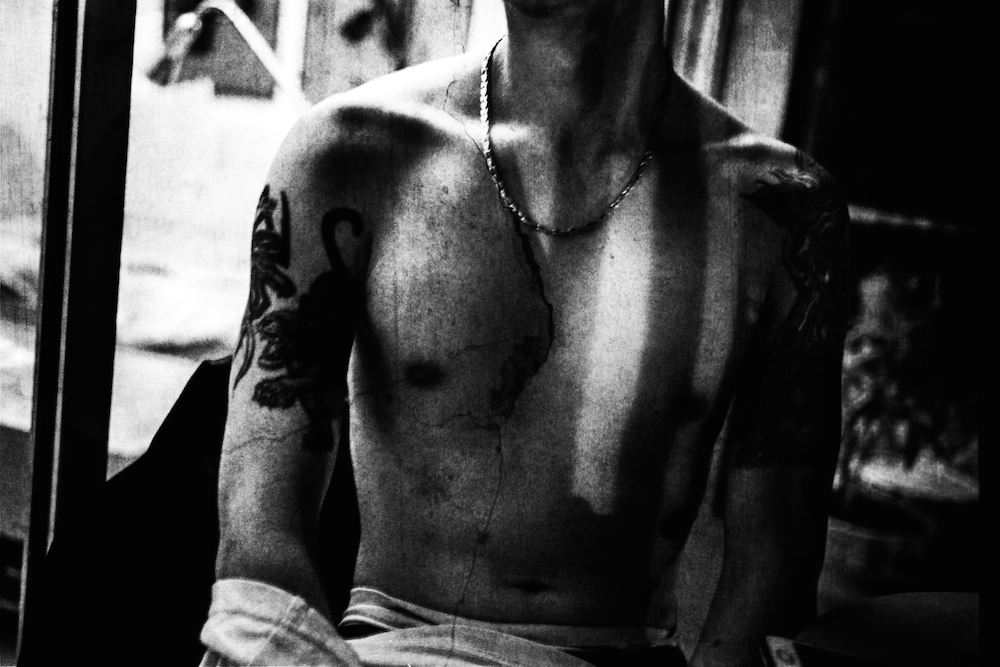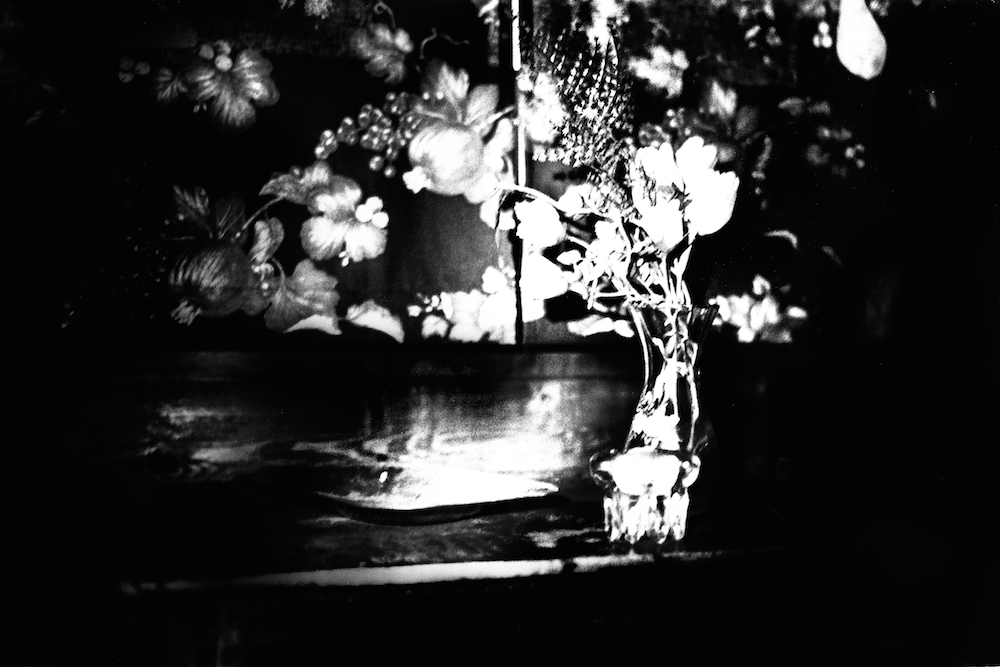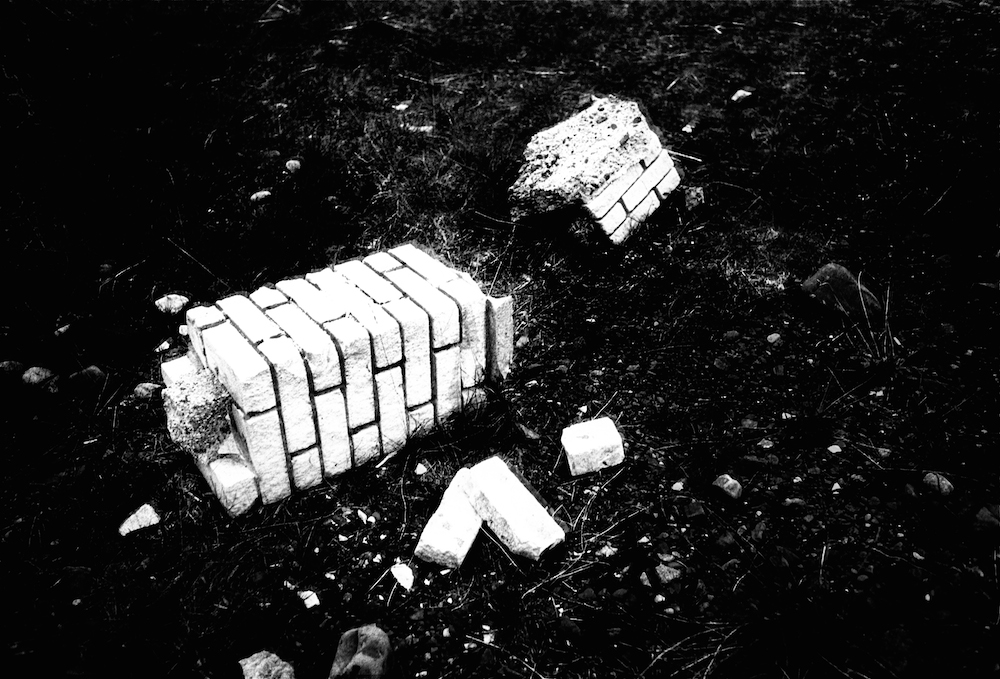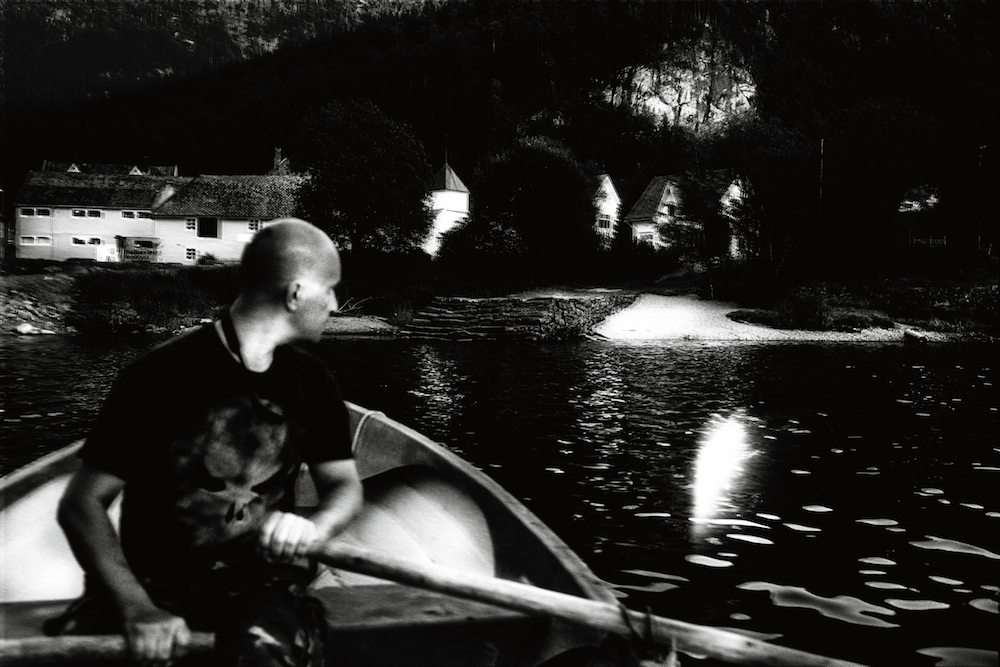I Will Follow in Your Tracks
Laure Pubert
When I left for Norway.
It was a quest.
An absence. The possibility of a link that might not have disappeared.
Leaving in search of someone whose shadow I had glimpsed in a novel – The Birds by Tarjei Vesaas.
This journey met an urgent need: to hold on to the trace of a possible encounter inspired by a fictional character.
I had to understand the loneliness of this lost soul.
A voiceless, faceless, ageless man.
I visited his land.
I searched for him in my investigations of what I saw. Provoking encounters he might have had, trailing furtive incarnations. Signs.
Fragments of reality displaced by a meeting or a place, gradually forming the sediments of a story behind the story, the tipping point of a shared memory.
— Laure Pubert
Laure Pubert is a photographer based in Paris. She started out as a public international law researcher before devoting herself to photography full-time in 2014, driven by the desire to find her place through her creative work. Her Book Je marcherai sur tes traces (I will follow in your tracks) was published by Editions Arnaud Bizalion in June 2018. Her work was recently exhibited at Maison de la photographie Robert Doisneau in France and has been included in group exhibitions and slideshows. You can buy her book here and visit her website here.

